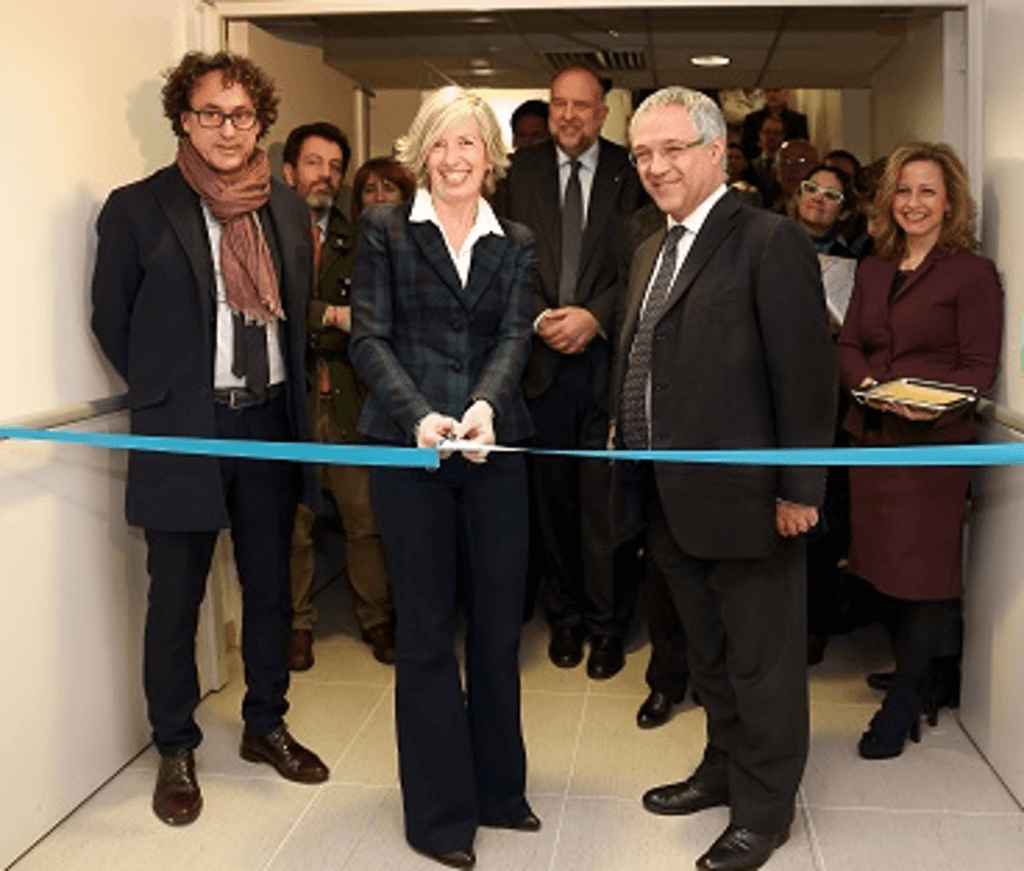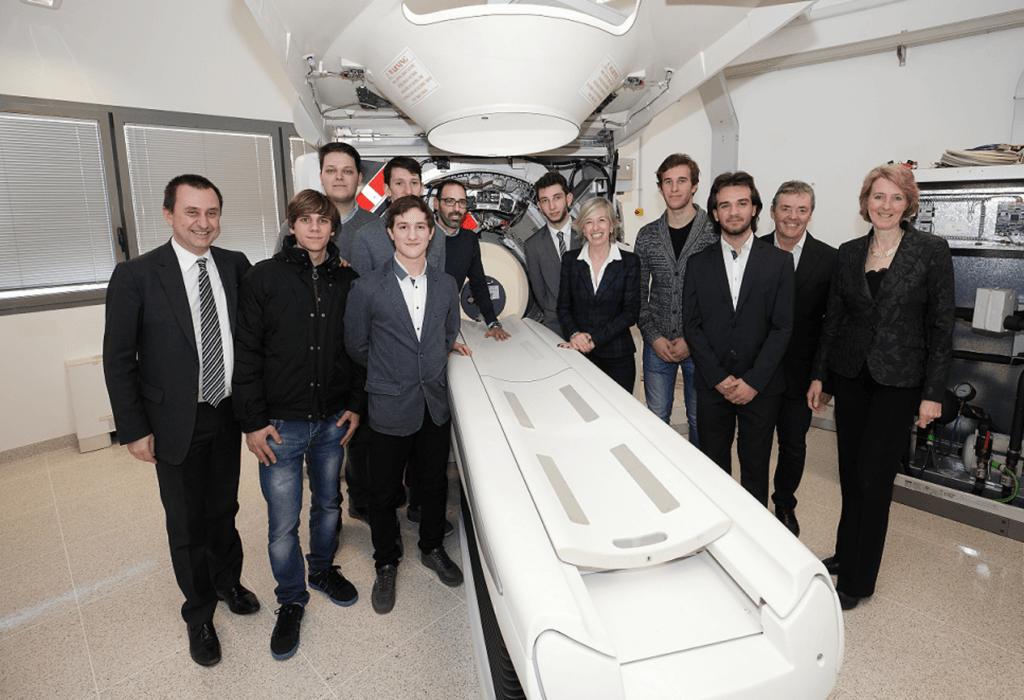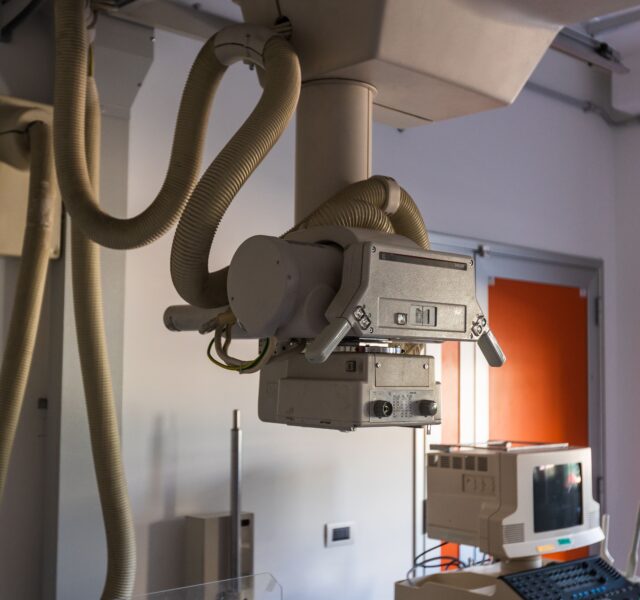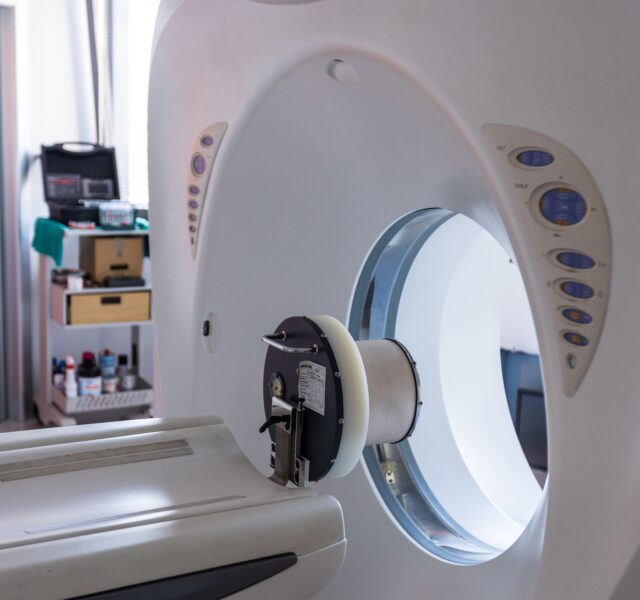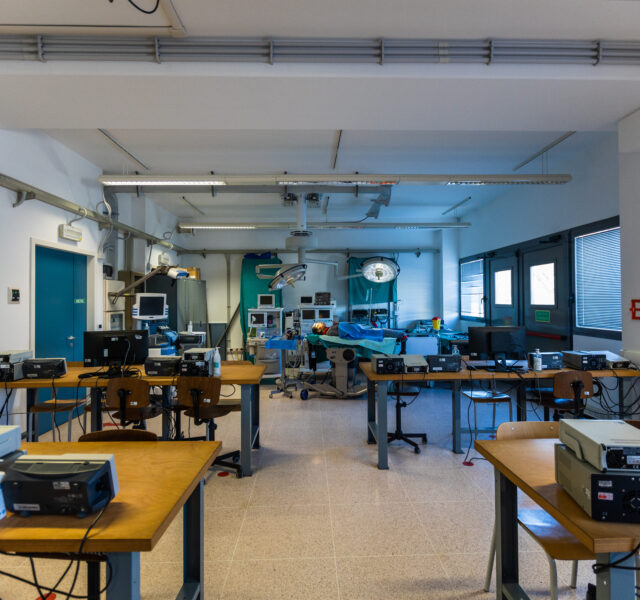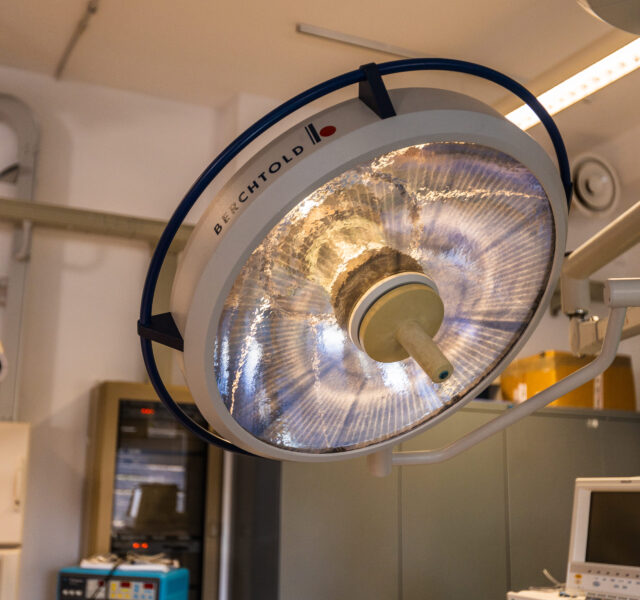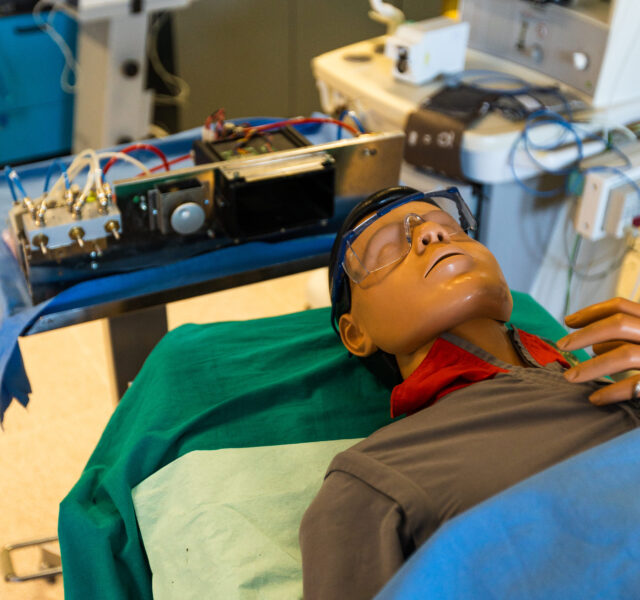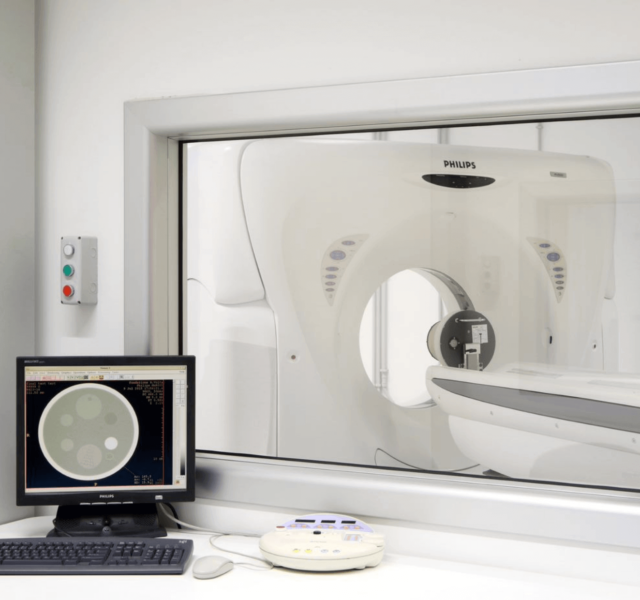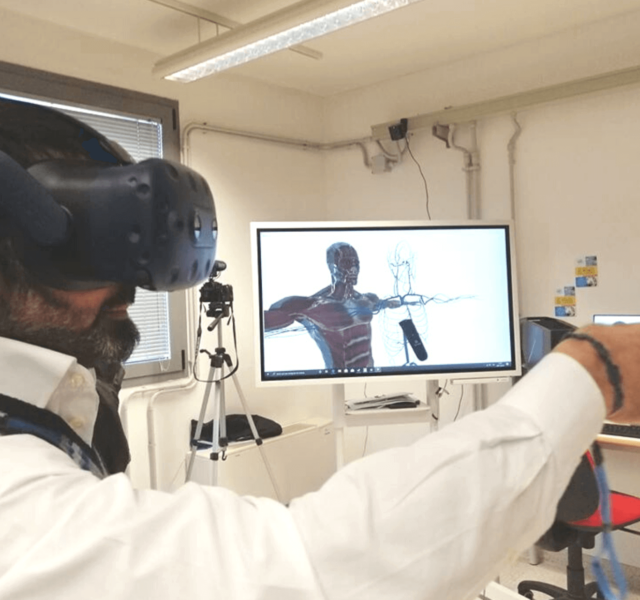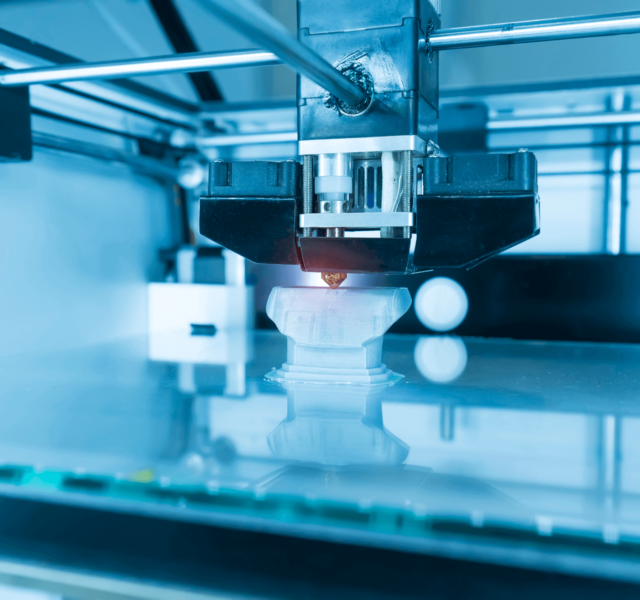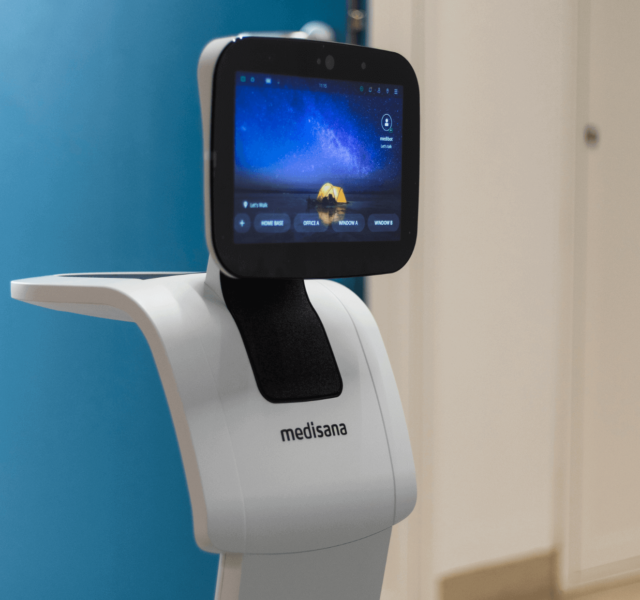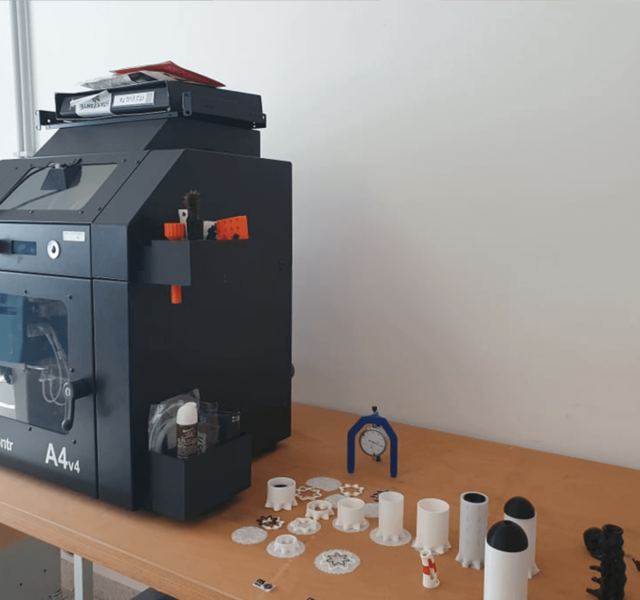Established in 2019, LAB3D is a cutting-edge facility that supports training in the biomedical applications of Industry 4.0 technologies. The lab is equipped with advanced tools for 3D printing (additive manufacturing) as well as Virtual Reality (VR), Augmented Reality (AR), and Mixed Reality (MR), offering students an immersive, forward-thinking learning environment.
3D printing plays a growing role in the biomedical field—from creating custom prosthetics and prototypes for clinical tools, to producing spare parts for medical devices and aids for patients with disabilities or chronic conditions. Meanwhile, VR, AR, and MR technologies are becoming increasingly prevalent in healthcare—from operating rooms to outpatient clinics—supporting early diagnosis, rehabilitation, staff training, and equipment maintenance. These technologies also provide a low-risk, guided learning environment, allowing students to make mistakes safely and learn through realistic, interactive simulations.




